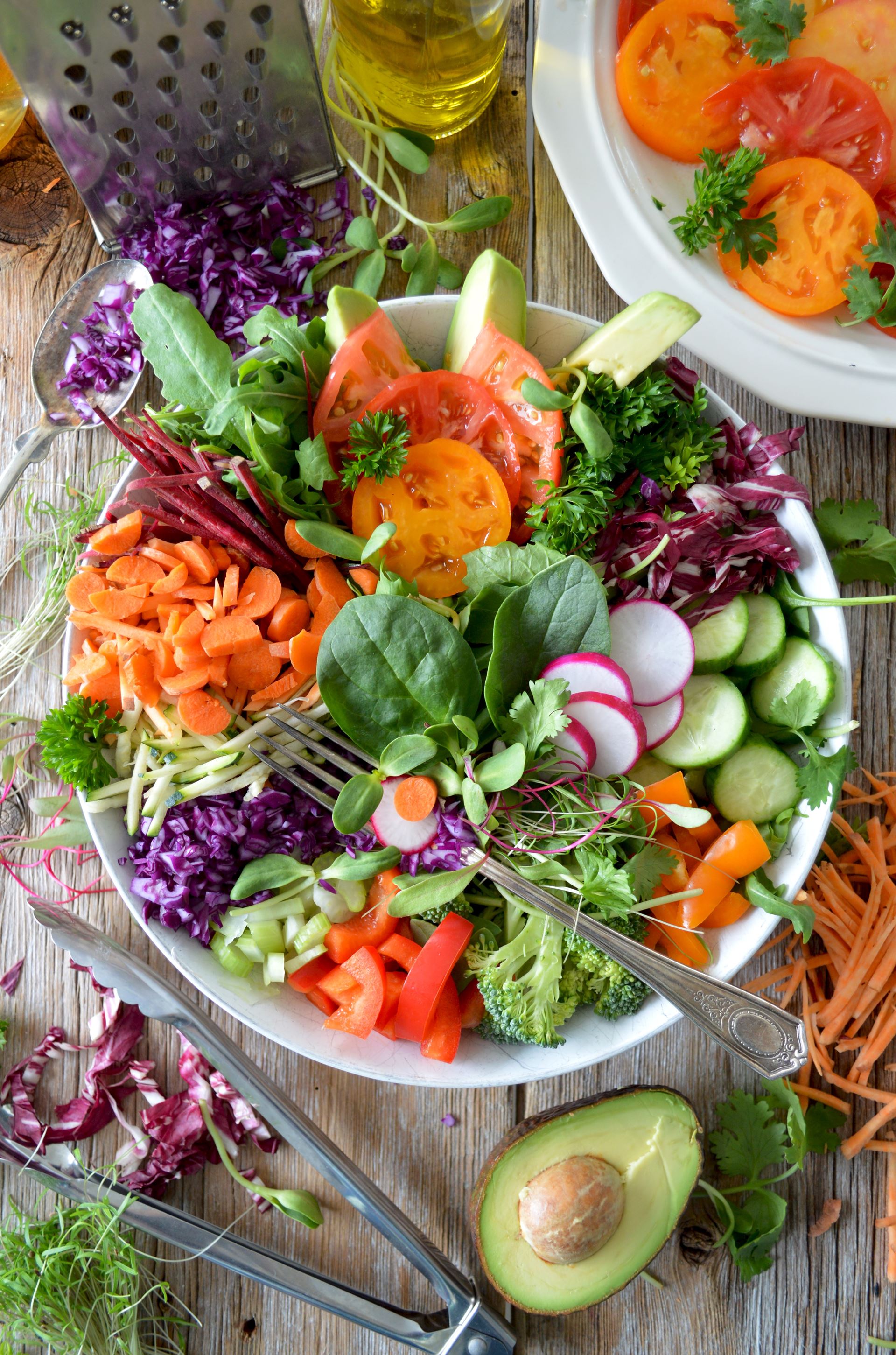Primary Prevention
This is about managing the risks of disease. Examples of this would include eating a healthy diet, exercising and not smoking. Ideally we would like to focus on Primary Prevention because it is better to prevent ill health than to treat it after its onset. Unfortunately the pressure of work means that currently we have to focus mainly on ill health.
If you need advice our Practice Nurses and Health Visitors would be happy to point you in the right direction or offer healthy advice.

The following evidence - based tips are a good starter for ten to help avoid heart disease and cancer:
- Eat whole grain foods (bread, or rice, or pasta) on four occasions a week. This will reduce the chance of having almost any cancer by 40%. Given that cancer gets about 1 in 3 of us in a lifetime, thats big advice.
- Dont smoke. If you do smoke, stop. Nicotine patches, gum or inhalers help a bit, but acupuncture wont help at all. Try to reduce your smoking, as there is a profound dose-response (the more you smoke, the more likely you are to have cancer, or heart or respiratory disease). So cut down to below five cigarettes a day and leave long portions of the day without a cigarette. Ask us for further advice.
- Eat at least five portions of vegetables and fruit a day, and especially tomatoes (including ketchup), red grapes and the like, as well as salad all year. This protects against a whole variety of different nasty things: It reduces the risk of stroke dramatically It reduces the risk of diabetes considerably It will reduce the risk of heart disease and cancer.
- Use Cholesterol - lowering spreads instead of butter or margarine, if you can afford them. They really do reduce cholesterol, and reducing cholesterol will reduce the risk of heart attack and stroke even in those whose cholesterol is not particularly high.
- Drink alcohol regularly. Moderate alcohol consumers have lower mortality than either non-drinkers or heavy drinkers. The type of alcohol probably doesnt matter too much, but for an adult male the equivalent of a couple of glasses of wine a day or a couple of beers is beneficial, and the levels for females are about 25% less. Do not binge - it is a bad idea to drink a weeks quantity at the weekend!
- Eat fish. Eating oily fish (Mackerel, Sardines, Salmon etc) once a week wont stop you having a heart attack, but it reduces the likelihood of you dying from it by half.
- Take a multivitamin tablet every day, but be sure that it is one with at least 200 micrograms of Folate. The evidence is that this can substantially reduce chances of heart disease in some individuals, and it has been shown to reduce colon cancer by over 85%. It may also reduce the likelihood of developing dementia. Folate is essential in any woman contemplating pregnancy because it will reduce the chance of some birth defects.
- If you are pregnant or have high blood pressure, coffee is best minimised. For the rest of us drinking four cups of coffee a day is likely to reduce our chances of getting colon cancer and Parkinsons disease.
- Get breathless more often. You dont have to go to a gym or be an Olympic marathon runner. Simply walking a mile a day, or taking reasonable exercise three times a week (enough to make you sweat or glow) will substantially reduce the risk of heart disease. If you walk, dont dawdle. Make it a brisk pace. One of the benefits of regular exercise is that it strengthens bones and keeps them strong. Breaking a hip when elderly is a very serious thing.
- Check your height and weight on a chart to see if you are overweight for your height. Your body mass index is the weight in kilograms divided by the height in metres squared: for preference it should be below 25. If you are overweight, lose it. This has many benefits. There is no good evidence on simple ways to lose weight that work. Crash diets dont work in the long run. Take it one step at a time, do the things that are possible now, and combine some calorie limitation with increased exercise.
If appropriate for you we can offer:
- Blood Pressure checks
- Blood sugar checks
- Flu vaccinations
- Cervical smears
- Prostate assessments
- Pre-pregnancy advice
- Cholesterol assessments
- Mammography
- Contraception advice
- Safe sex advice
- Travel Immunisation advice
And dont forget:
- Regular eye checks from an Optician (glaucoma)
- Regular Dental checks
- The value of the pharmacist
Page last reviewed: 05 May 2021
Page created: 05 May 2021
Page created: 05 May 2021